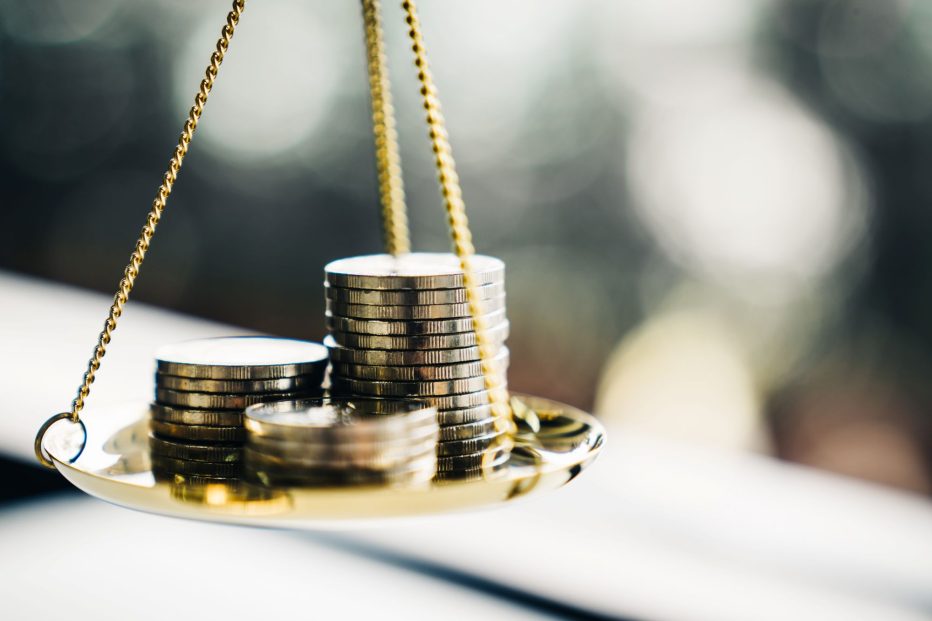YRITTÄJÄ, tule mukaan omiesi pariin! Liity Yrittäjiin.

SY: Government hasty in YEL policy
Suomen Yrittäjät, the Finnish SME association, says the Government’s stance threatens to raise many business owners’ pension contributions sharply.
At its mid-term policy review, the Government said it was reforming the entrepreneurs’ pension system to ensure that business owners’ pension contributions were determined more clearly according to a business owner’s actual income.
“This policy threatens to increase many business owner’s pension contributions sharply. It could be a pension contribution bomb,” says Mikael Pentikäinen, CEO of Suomen Yrittäjät.
Rapporteur Jukka Rantala is currently investigating how the entrepreneurs’ pension system can be developed. Rantala’s report should be completed by the end of the year.
That’s what makes the timing of the Government’s stance peculiar, because the purpose of the report is to seek new solutions for defining YEL income, which is the basis for pension contributions and pensions,” Pentikäinen says.
Under the Government’s policy, the changes would enter into force in 2029, which is when the transitional period for the current definition of YEL income would end. The Government is ready to introduce a new transitional period if necessary.
“If the policy leads to dividends or even a portion of dividends being considered a business owner’s ‘actual income’, the risk is a genuine YEL contribution bomb. It would also be important to hear in advance how sole traders’ entrepreneurial income would be distinguished from business income. They should have investigated first and then come out with a policy. Now, they’ve been hasty,” Pentikäinen says.
In his report, the rapporteur will also evaluate other necessary changes to improve the entrepreneurs’ pension system.
“With its recent policy stance, the Government has set clear directions for the report,” says Harri Hellstén, Labour Market Affairs Manager at Suomen Yrittäjät.
It should be noted that self-employed people’s income is formed in different ways in different business entities. Changing the basis for YEL pension insurance is bound to have a significant impact on behaviour. Before decisions on the content of legislation, they should have calmly waited for the report,” Hellstén says.
Increase cap changes welcomed
Simultaneously, and in line with a proposal by SY, the Government decided to grant business owners who started out in 2023–2025 the same €4,000 cap on increases to YEL contributions as were granted to other business owners during their first YEL income reviews in 2026–2028.
“This is a good and just policy. Preparations should begin at once to allow the change to enter into force at the start of 2026. Without the change, the risk is that many new business owners will see their YEL incomes and thus pension contributions rise exorbitantly, forcing them to shut their businesses,” Hellstén says.
Business owner’s income
- In limited companies, cooperatives, limited partnerships and partnerships a business owner can be paid salary.
- A sole trader cannot pay themselves salary. However, they can make private withdrawals. Business income is divided into earned income and capital income. Under certain conditions, business income can be taxed entirely as earned income.
- In limited partnerships and partnerships, the partners can make private withdrawals in addition to being paid salary.
- In non-listed limited companies, dividends are divided into capital and/or earned dividends.
- A business owner may also receive capital income from sources other than their business activities.
- If in future YEL income is determined more clearly in accordance with a business owner’s actual income, it is for the moment unclear which income is intended: earned income, capital income or both.
Are you a Suomen Yrittäjät member yet? Read more about member benefits and advantages!